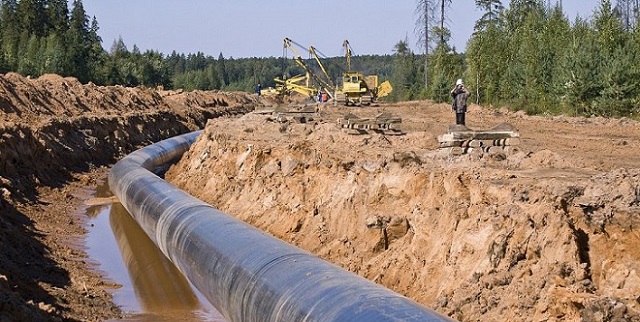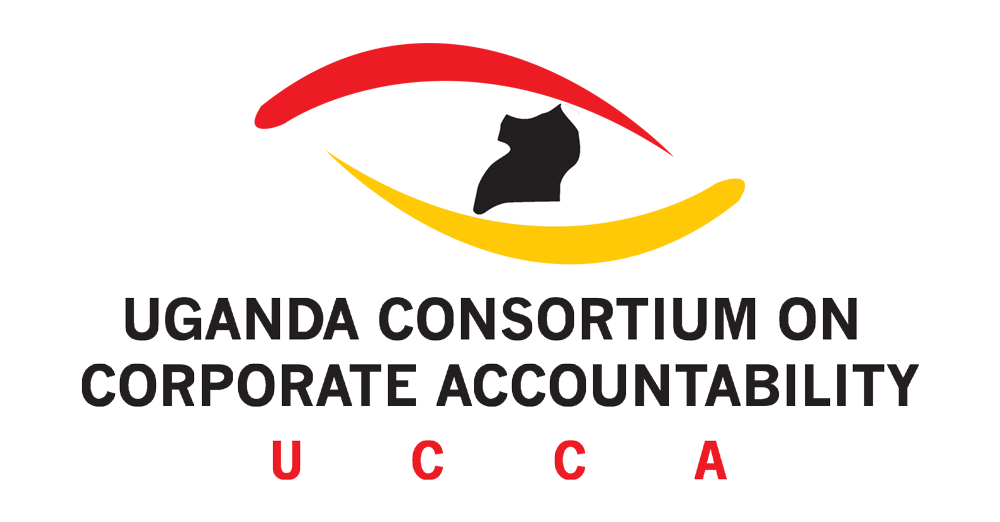Oil pipeline compensation delayed

The compensation of the people affected by the East African Crude Oil Pipeline (EACOP) project in the nine districts is to delay, until further notice.
This is according to Seth Muhumuza, the head of stakeholder management at Petroleum Authority of Uganda (PAU).
Compensation of communities in Hoima, Kakumiro, Kyankwanzi, Mubende, Gomba, Sembabule, Lwengo, Kyotera, Rakai and Kikuube districts was expected to start early last month, but the Project-Affected Persons (PAPs) and concerned Civil Society Organisations have been waiting for implementation in vain.
In November last year, the petroleum authority promised to start payments late December or early this year, which excited the Project-Affected Persons and other stakeholders in the nine districts.
In a recent interview, Muhumuza told New Vision that the compensation process was disrupted by the election period yet the Final Investment Decision (FID) had also delayed.
FID is when the board has affirmatively consented to undertake the construction of a project and the company has given a full notice to proceed under an engineering, procurement and construction (EPC) contract.
Muhumuza added that they expected to have the FID around December last year, so that government can start payments as it was planned, but the process stalled over unavoidable circumstances.
“We have not had a big move due to the election situation, so we have not moved much further. We expected FID, but we did not get it in time so we are still negotiating,” he said.
Appealing to PAPs for more time to “organise the payments,” Muhumuza further said they had completed issuing forms for all the assets that were assessed, adding that they had also expected to start assessment of entitlement in November and December.
However, the process stalled due to the campaign period when various stakeholders were not in office.
Robert Birimuye, one of the PAPs in Beteremu, said the more the Government delays to compensate them, the more the value of their properties appreciates, which may complicate the process further.
He wants the Government to meet all the PAPs to iron out some concerns before the compensation process.
“The Government has failed to implement its promise, it hurts,” he said.
Yisito Kayinga, the executive director of the Community Transformation Foundation Network, said the PAPs are accusing the CSOs of failing to intervene to push for the compensation implementation.
He said failure to effect payments in time may spark resistance of the project since the PAPs have waited for too long.
More than 30 Civil Society Organisations have, on different occasions, expressed the delayed compensation process, as well as faulting the valuation exercise.
Dalton Bakashabaruhanga, a project officer at the Uganda Consortium on Corporate Accountability (UCCA), advised government to revisit the valuation exercise to address the gaps before the compensation process.
Bakashabaruhanga noted that they received reports of people who signed consent forms against their will.
“If residents do not clearly understand the relevant information about the project, they will antagonise its development. Yet, if they understand its benefits and consent through agreements, they become supportive of the project,” he said.
This article originally appeared in The New Vision!
